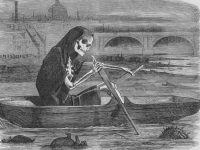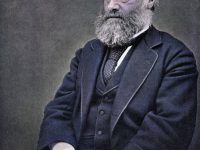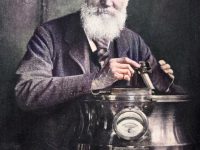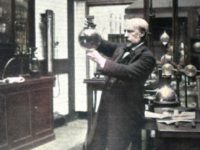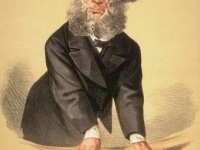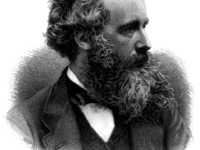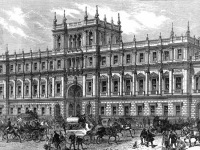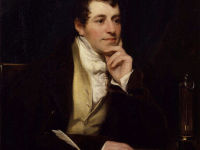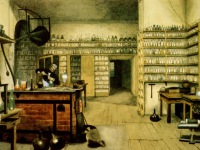Sir Joseph William Bazalgette and the Great Stink of 1858
On March 28, 1819, British civil engineer Joseph William Bazalgette was born. As chief engineer of London‘s Metropolitan Board of Works Bazalgette‘s major achievement was the creation in response to the Great Stink of 1858 of a sewer network for central London which was instrumental in relieving the city from cholera epidemics, while beginning the cleansing of the River Thames. From Railway Projects to London’s Sewers Joseph William Bazalgette was mainly educated at home…
Read more

